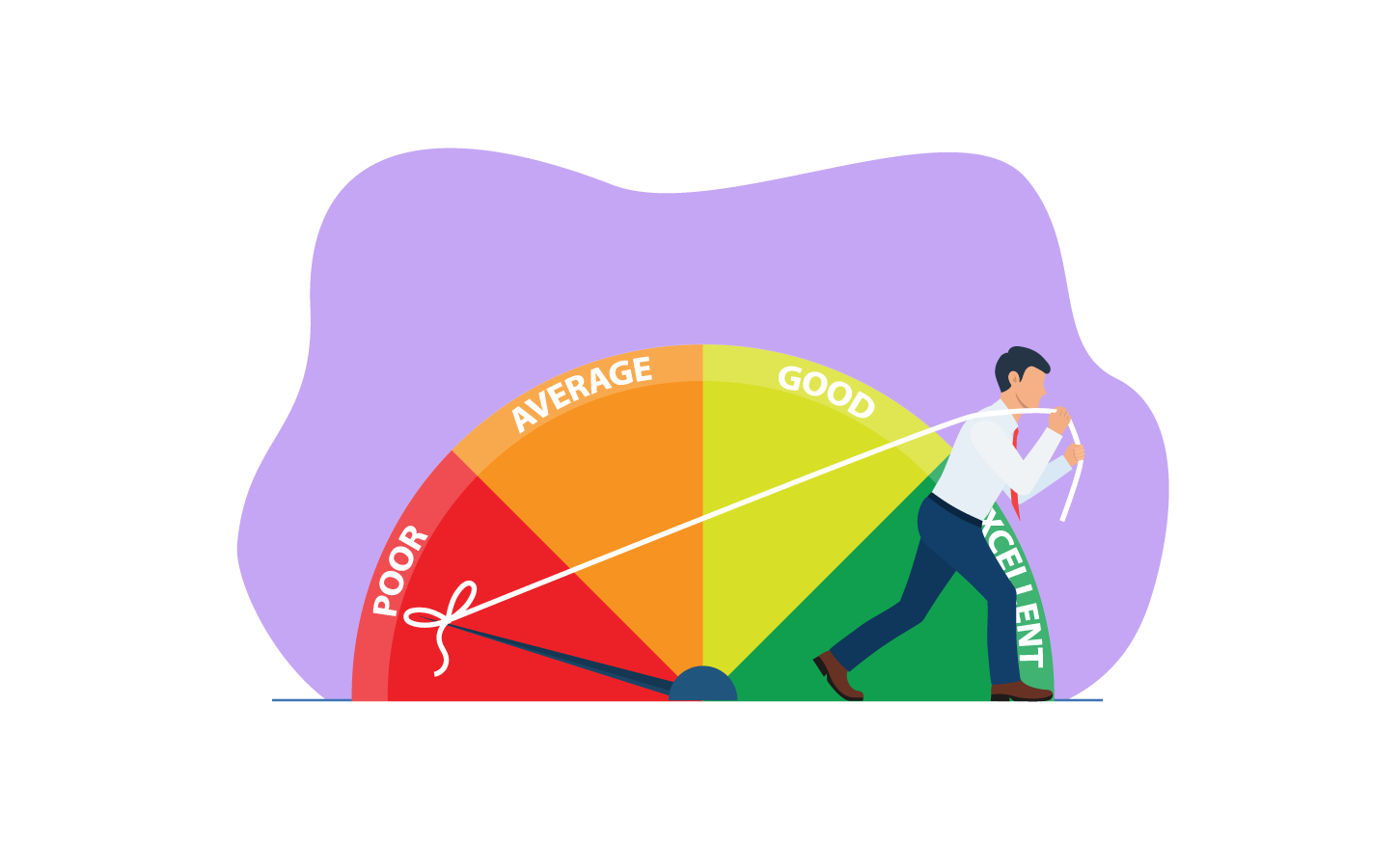Most of us are taught from a young age to “never a borrower nor lender be”. But as with many adages, this is an oversimplification. In fact, it can sometimes be imprudent wipe out your existing funds, rather than use a loan. Here’s when you should use a loan in place of your savings:
Should I take out a loan to pay for surgery?
It can be difficult to cope with the strain of medical expenses in Singapore, whether it’s planned treatment or an unexpected emergency. It’s true that we benefit from one of the finest healthcare systems in the world – with schemes like MediSave, MediShield and MediFund, the country has previously been recognised as Asia’s healthiest and the world’s second-best for health outcomes.
But access to first-class healthcare doesn’t necessarily come on the cheap, especially if you require surgery. Once you factor in the withdrawal limits of MediSave, limits and exclusions in any insurance policies you hold, and the generally high cost of living, it’s no wonder so many citizens and permanent residents find themselves in financial trouble when needing surgery.
How much does surgery cost in Singapore?
It goes without saying that the cost of surgery in Singapore varies greatly based on the nature of the procedure and where it is performed. The Ministry of Health provides fee benchmarks on common procedures based on the average costs charged by hospitals, health centres and private clinics in Singapore.
Below, we’ve pulled the costs for four common procedures based on benchmarks from July 2018 through June 2019. These costs are before MediSave payouts and insurance (such as MediShield Life and Integrated Shield Plans), and include cost of surgery, doctor’s fee, implants, consultations, medication, consumables, tests, hospital stay and any other applicable fees. Remember, these benchmarks are a guide only and may not reflect the actual amount you are charged.
| Type | Public (subsidised) | Public (not subsidised) | Private | ||
| Ward Class | C | B2 | B1 | A | |
| Heart bypass | $6,046 | $8,312 | $34,204 | $38,251 | $81,338 |
| Simple knee replacement | $5,329 | $6,432 | $19,772 | $22,389 | $34,531 |
| Caesarean section | $2,261 | $2,536 | $7,201 | $8,413 | $12,782 |
| Total hip replacement | $6,493 | $7,642 | n/a | $22,741 | $37,855 |
Budgeting for surgery: First steps
The first and most important step is to ensure you have spoken with your doctor and any relevant specialists about your condition. They will not only be able to identify the treatments available to you, but also outline what to expect if surgery is the best way forward. Once you know the procedure required and before you think about applying for a cash loan, it’s important to ask your doctor about the total cost and how it will be affected by MediShield, MediSave and any Integrated Shield Plans you may have.
If you have concerns about the amount coming out of your pocket and your ability to afford it, check if you are eligible for MediFund. Under MediFund, the government offers assistance to eligible citizens and permanent residents in need who aren’t able to afford certain treatments.
Considering a medical loan
Where the remaining out-of-pocket expenses are placing too much of a strain on your short-term finances, you may consider an emergency payday loan from a direct lender or another form of borrowing to help you cover the costs.
Three common financial products that can be used to cope with medical costs include:
Short term cash loans
Ideal for smaller expenses, short term loans in Singapore are an easier pathway when you only need a small amount of money and have the means to repay it quickly. The interest rate is higher than most other loans, but a fast repayment will minimise the added cost.
Unsecured personal loans
Able to be used for any purpose, unsecured personal loans can be obtained from a range of direct lenders and be used to pay for medical expenses. The amount you are eligible to borrow will vary based on your credit score, with interest rates higher than that of a secured loan but lower than a short-term cash loan or credit card.
Credit cards
A credit card is a form of revolving credit which may be suitable if you don’t know how much you’ll need to spend in the months ahead. Take note of any interest-free periods you can take advantage of, but be wary of high interest rates: if you regularly use a high percentage of your credit limit and fail to make any repayments on time, costs can quickly rise and your credit score may take a hit.
What if I’m already in debt?
If you are buried in unpaid medical bills that have built up over time, a debt consolidation plan may be a more suitable option to explore. This type of loan pays off part or all of your outstanding debt and moves it to the new loan provider, simplifying your repayments under a single scheme. Debt consolidation can be helpful for those with multiple sources of debt, particularly where each has confusing differences in interest rates, fees and repayment terms.
Before you take out a loan
Whenever you borrow money, it’s important to ensure you can afford to make repayments and fully understand the conditions of the loan. Always check the total cost of the loan including interest rates and any applicable fees, along with charges you face for late repayments and defaulting.
Unpaid medical bills can negatively affect your credit score, so choosing the right product and having a suitable plan for your circumstances will help you avoid excessive financial strain. CompareSing makes it easy to compare medical loans and other financial products available in Singapore with speed and accuracy. Use our quick online form now to get a personalised quote from leading lenders.



















